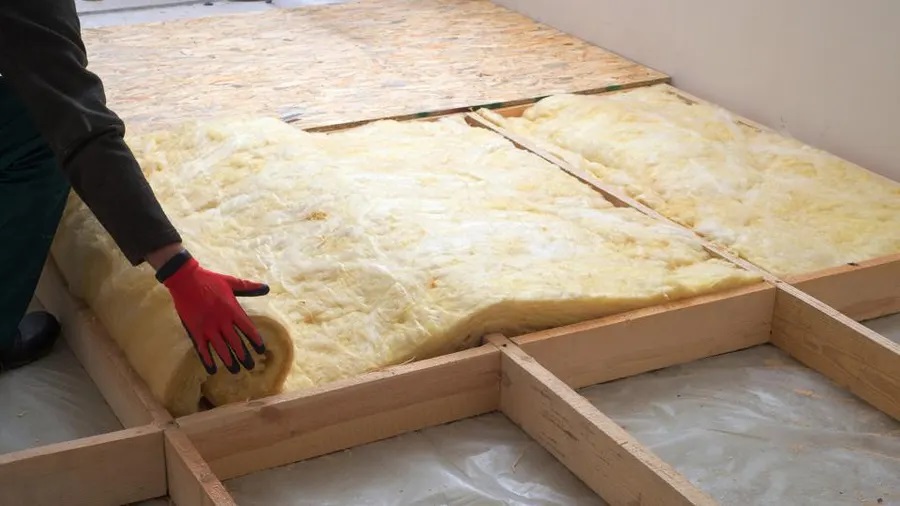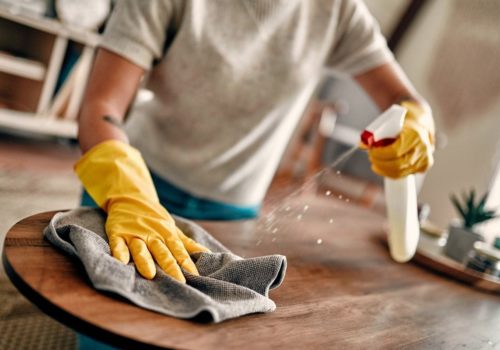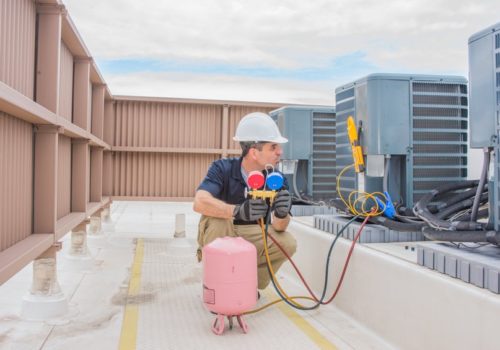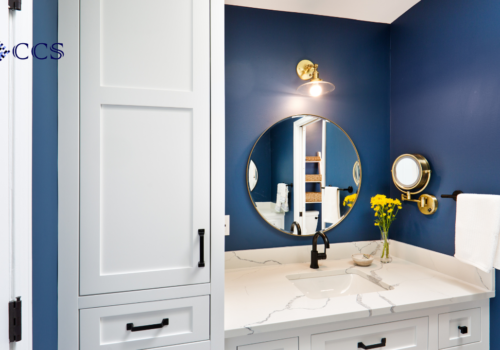Understanding Different Types of Soundproofing Materials
When it comes to soundproofing, the most critical thing is to choose the right materials. There are various types of materials for soundproofing available in the market, each with its unique features and benefits. By selecting the top-quality materials for soundproofing, you can create a quieter and more comfortable environment in your space.
If you are looking to soundproof your home or office in Singapore, it is essential to consider the different types of soundproofing materials available. Each material has its unique properties, advantages, and disadvantages, making it important to choose the one that would best suit your specific requirements.
Acoustic Foam
Acoustic foam is a popular soundproofing material that is available in various sizes, shapes, and colours. It is commonly used in recording studios, concert halls, and home theatres to absorb sound waves and reduce echoes. Some of the key benefits of acoustic foam include ease of installation and affordable pricing. However, it may not be the best choice for blocking external noise.
Mass Loaded Vinyl (MLV)
Mass Loaded Vinyl (MLV) is a dense, flexible material that can effectively block sound transmission. It is commonly used to soundproof walls, ceilings, and floors. MLV comes in rolls or sheets, making it easy to install. It is also fire-resistant and durable. One of the main disadvantages of MLV is that it can be expensive compared to other soundproofing materials.
Soundproof Curtains
Soundproof curtains are an affordable and convenient option for soundproofing a room. They are made of heavy, noise-blocking materials and can be hung over windows, doors, or walls. Soundproof curtains are available in various sizes and colours, making it easy to match your interior decor. However, they may not be effective in blocking low-frequency noises.
Green Glue
Green Glue is a viscoelastic compound that is applied between layers of drywall to reduce noise transmission. It is a popular choice for soundproofing walls and ceilings in Singapore. The compound converts sound energy into heat energy, making it highly effective in reducing noise. Green Glue is also easy to use and has a low cost per square foot. However, it may not be as effective in blocking airborne noise.
Resilient Channels
Resilient channels are metal strips that are installed between the drywall and the studs. They absorb sound waves and reduce vibrations, making them an effective choice for soundproofing ceilings or walls. Resilient channels are easy to install and affordable. However, they may not be suitable for heavy construction.
Soundproof Insulation
Soundproof insulation is another effective way to soundproof your space in Singapore. It is commonly used in walls, ceilings, and floors to reduce noise transmission. Soundproof insulation is made of materials such as fibreglass, rock wool, or cellulose. It is easy to install and affordable. However, it may not be as effective in blocking low-frequency noises.
Conclusion
Overall, choosing the right soundproofing materials for your space in Singapore can make a significant difference in creating a quieter and more comfortable environment. This comprehensive soundproofing materials guide has provided valuable insights into the different types of options available in the market.
By considering the properties, advantages, and disadvantages of each type of material, you can make an informed decision that will suit your specific needs and preferences. Whether you are soundproofing a home, office, or any other space, taking the time to evaluate your options carefully will pay off in the long run.
Remember, the key to successful soundproofing is not just choosing top-quality materials but also ensuring that they are installed correctly and used appropriately. If you are unsure about the installation process or need technical advice, it is always best to seek professional assistance.
In summary, this soundproofing materials guide has highlighted some of the most important factors to consider when choosing the right materials for your space in Singapore. By following the guidelines provided in this article, you can make soundproofing choices wisely and create a quieter, more peaceful, and comfortable environment.





